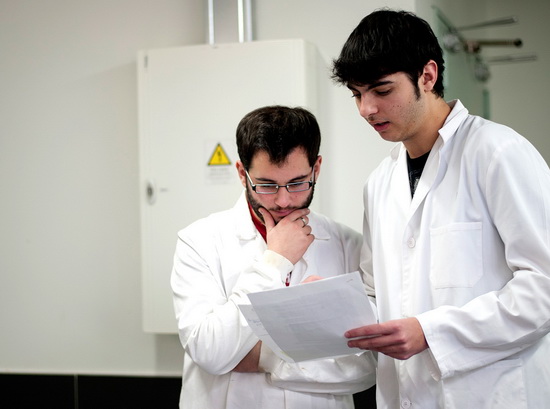They should be able to understand the main public and private institutions and how they were established; use advanced sources of knowledge, interpreting legal texts; describe basic aspects of the various branches of law, identifying the various sources of law and the means of its creation throughout history, including new perspectives; and analyse and summarise issues with a view to improving and enhancing their knowledge and cultural baggage.
During the practicum, students should be creative in order to integrate and apply all their acquired knowledge and abilities to professional contexts, going beyond the training they have received. They should become familiar with specific tasks in legal firms and offices and institutions in the field of law. They should be capable of reasoning, discussing, defending their arguments and fluently conveying their critical reasons with fluency, both orally and in writing.
They are thereby equipped to enhance their knowledge and skills and to continue their training autonomously.
Students should acquire the theoretical knowledge and practical abilities, as well as the tools and ability to manage resources, needed to work professionally in their specialist field. They should be capable of analysing and synthesising information; solving problems; organising and planning; making decisions; working as part of a team and adapting to changing contexts, based on an ethical and social commitment.
They should understand the workings, management and supervision of the different areas of the company, and in particular: organisation, marketing, financial analysis, accounting and human resources, as well as the social and economic aspects of the company's situation. Graduates in this discipline must use logical thought, and be creative and intuitive in their professional practice.






